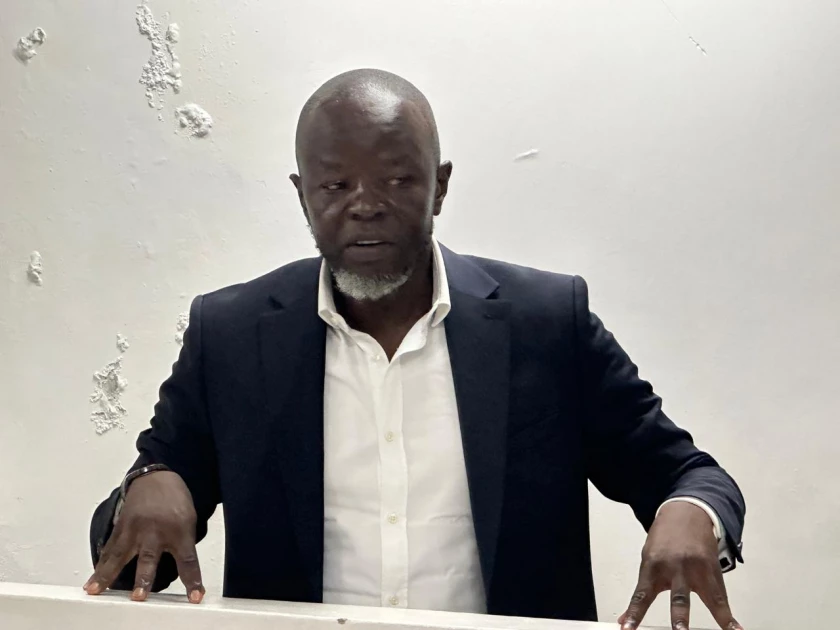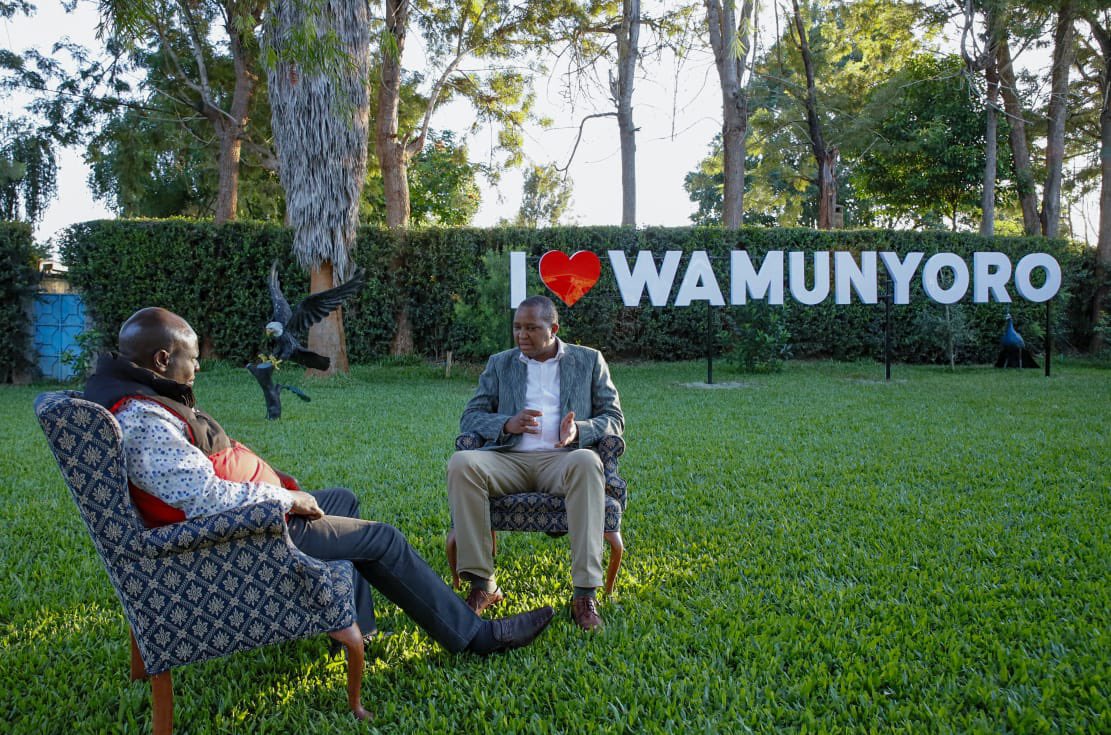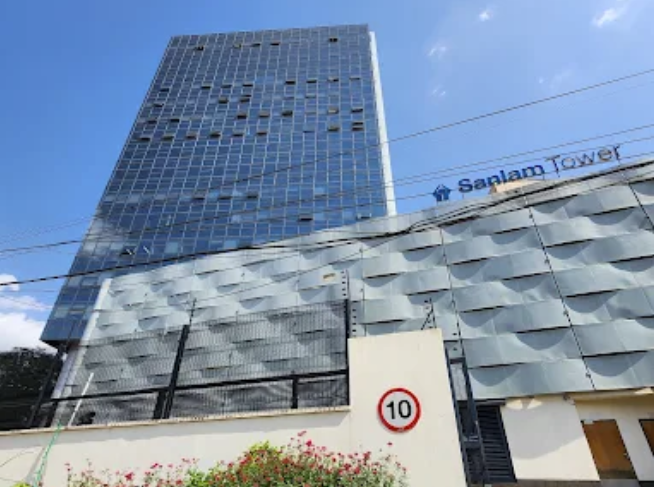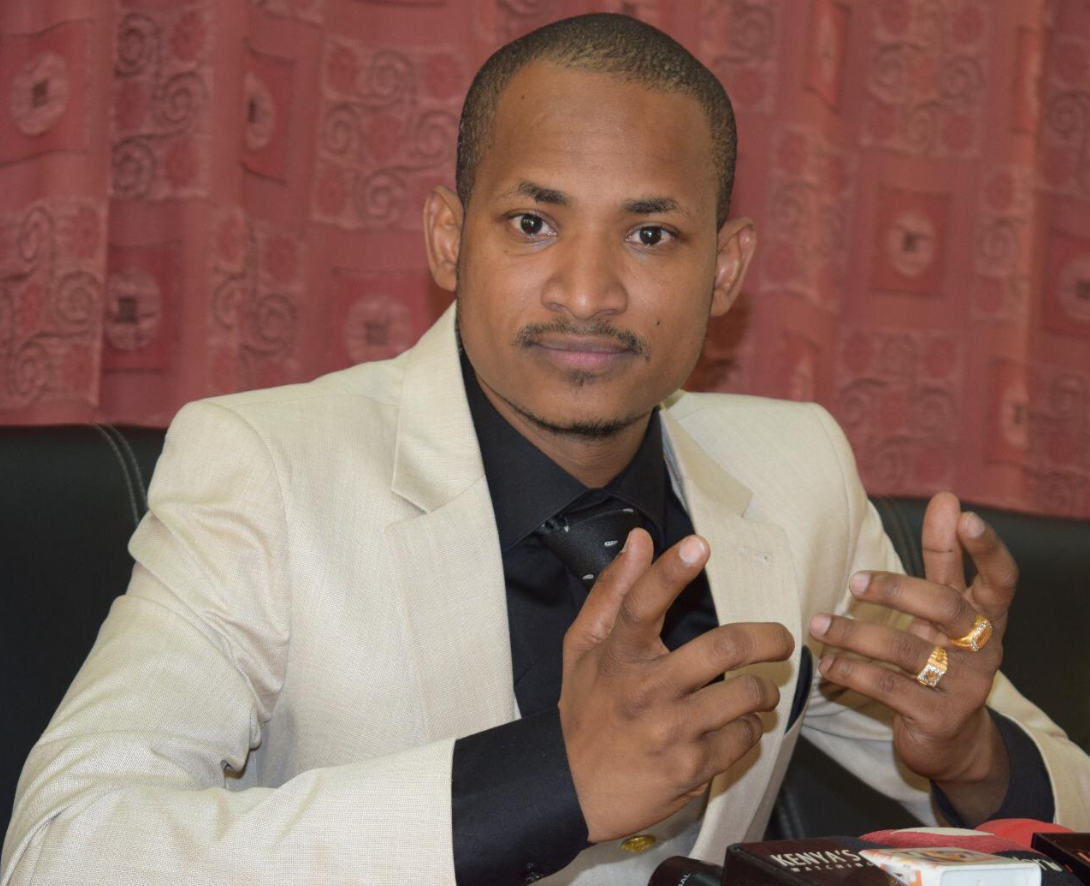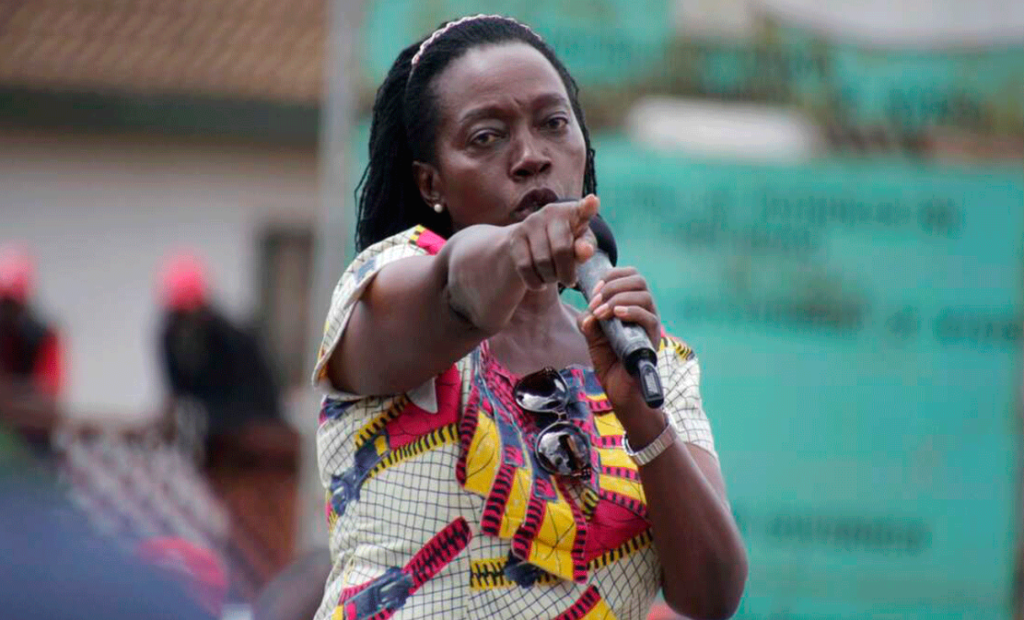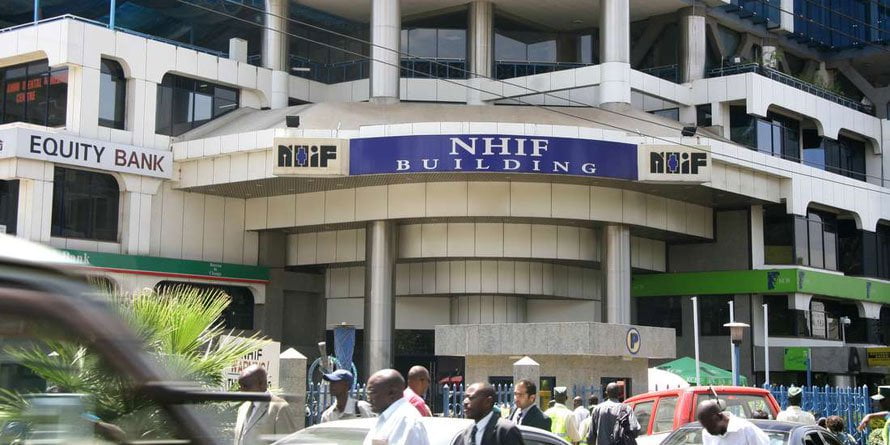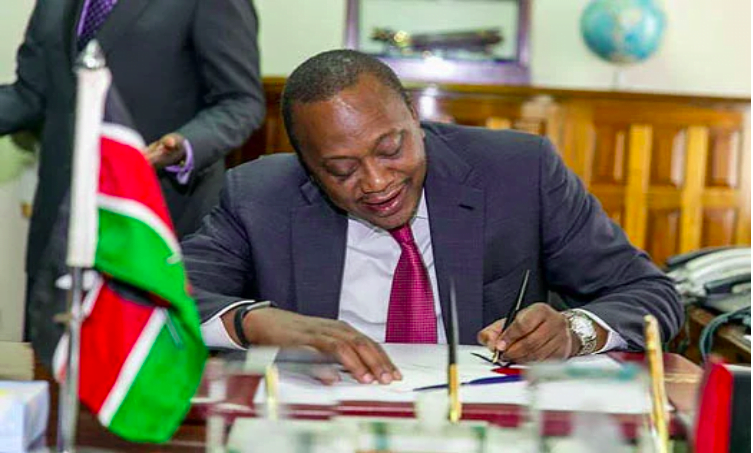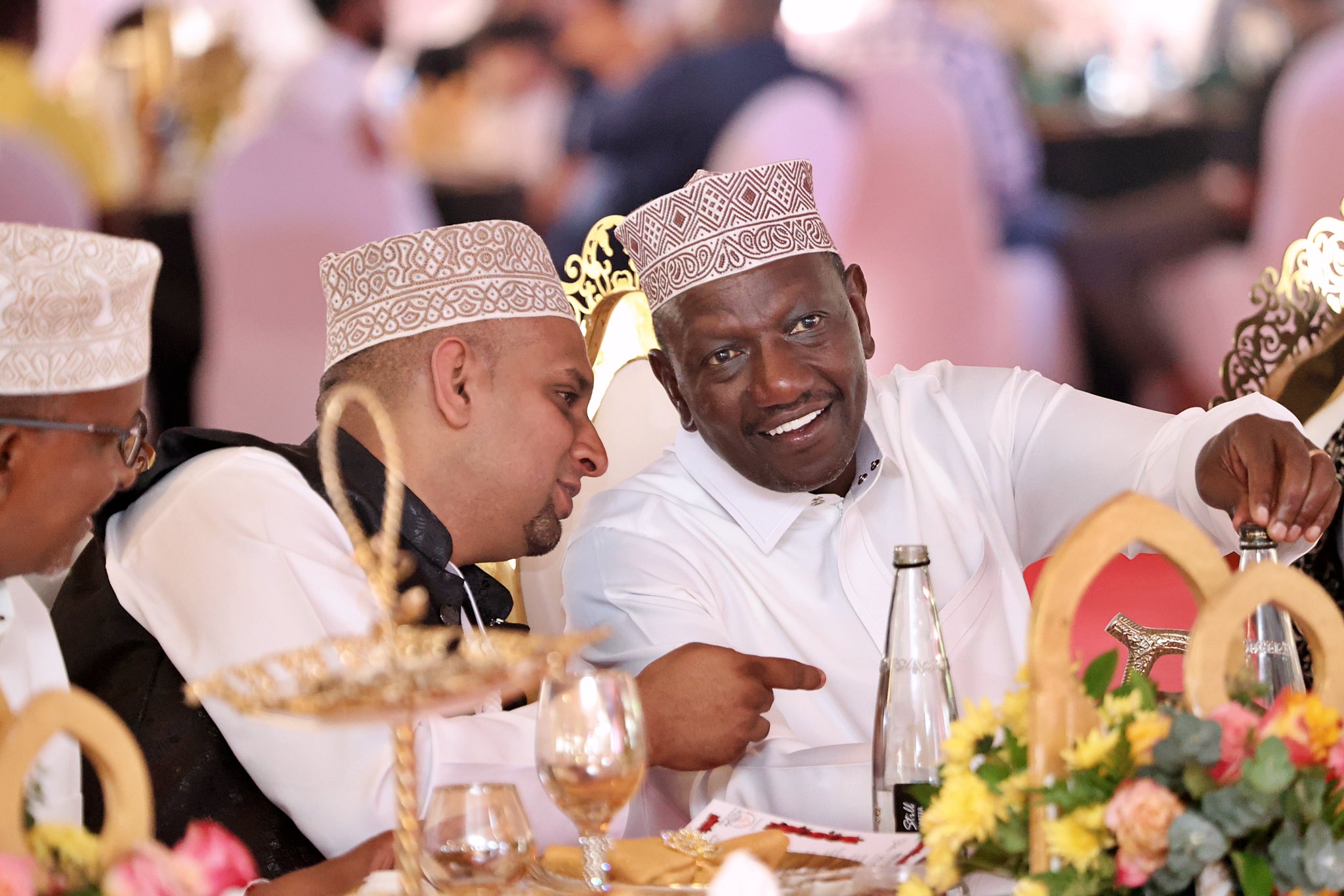
In a country where billionaires emerge not from innovation but from proximity to power, Imran Kholsa has mastered the game. A name that was once whispered in high-stakes business corridors is now echoing through statehouse gates and elite weddings and the stakes have never been higher.
Described by insiders as a shadow broker, Kholsa sits comfortably between the murky world of Kenya’s betting industry and the highest echelons of government. He is said to be the undisputed link between the owners of Betika, one of Kenya’s most lucrative betting platforms, and key figures in President William Ruto’s administration.
But it doesn’t stop there. Kholsa is also alleged to be the man behind Pepeta, a newer betting firm whose owners, known to be too dirty to be seen in the daylight, rely on him to navigate the halls of government without attracting attention. For them, Kholsa is not just a business associate, he is a political insurance policy, the face they use to reach corridors of power without setting off alarm bells.
And it’s paying off.
If there were ever doubts about Imran Kholsa’s clout, they evaporated the moment his son’s lavish wedding in Mombasa hit headlines. In what many now call Kenya’s most expensive private event, the ceremony pulled in politicians, tycoons, and state influencers with President William Ruto himself gracing the occasion in full presidential stature.
According to insider sources preview to the planning, the event wasn’t just a wedding, it was a power display.
The real financiers, according to those in the know, were the Betika bigwigs, the faceless millionaires behind Kenya’s biggest gambling house. In a show of obscene extravagance, they are said to have footed the bill for international A-list performers to entertain a select guest list of less than 1,000 people.
Diamond Platnumz, one of Africa’s top artists, was reportedly paid Ksh 128 million for a single performance set.
Nandy, another Tanzanian sensation, received Ksh 45 million for a 10-minute appearance.
It wasn’t just about music, it was about making a statement, the betting empire isn’t just rich, it is untouchable.
The grandeur has reignited public debate around Kenya’s betting economy, its connection to political power, and the alarming influence of unregulated capital in shaping public policy.
Betika, for instance, has long dodged deeper scrutiny despite its exponential growth and massive cash flows. Pepeta, though newer, is already being flagged by watchdogs for suspected money laundering and aggressive manipulation of youth gambling habits.
What’s troubling isn’t just the money, it’s the untouchable network. Insiders claim Kholsa’s real role is to sanitize connections between government officials and shady business players, including those under investigation abroad. By hosting political guests, funding state-aligned PR events, and playing the diplomat among dirty money, he ensures no one gets too close to the flame.
Yet even as he plays fixer at the highest levels, Kholsa’s name has surfaced in other, less glamorous circles, dragged into a family feud involving the estate of the late Ali Punjani, a saga that has unfolded in courtrooms from Mombasa to Nairobi, where Kholsa was named in a bitter property dispute over a contested block of serviced apartments known as Ratna. In court filings, he was described as the man introduced by the building’s management as the one paying service fees, leading the plaintiffs to claim he had taken possession of a multimillion-shilling property without any formal transfer or legal basis. Kholsa denied the allegations, asked to be struck from the case, and said his inclusion was based on hearsay, yet the episode added another layer to his reputation — not just as a powerful middleman, but as someone whose name keeps appearing when money, property, and power collide.
As regulatory bodies remain silent and the state appears cozy with its biggest gamblers, the Kenyan public is left asking
Who really controls the betting economy????
Why is the government so quiet on growing addiction and financial exploitation????
And most urgently, how much influence do shadow brokers like Imran Kholsa have over public policy????
In many developed economies, those with political access serve the people. In Kenya, they serve the powerful, and Imran Kholsa is the poster child of that quiet machinery.
While ordinary Kenyans pay taxes, lose bets, and drown in economic hardship, a small elite feasts, not in secrecy, but in billion-shilling weddings hosted under the gaze of the Commander-in-Chief.





